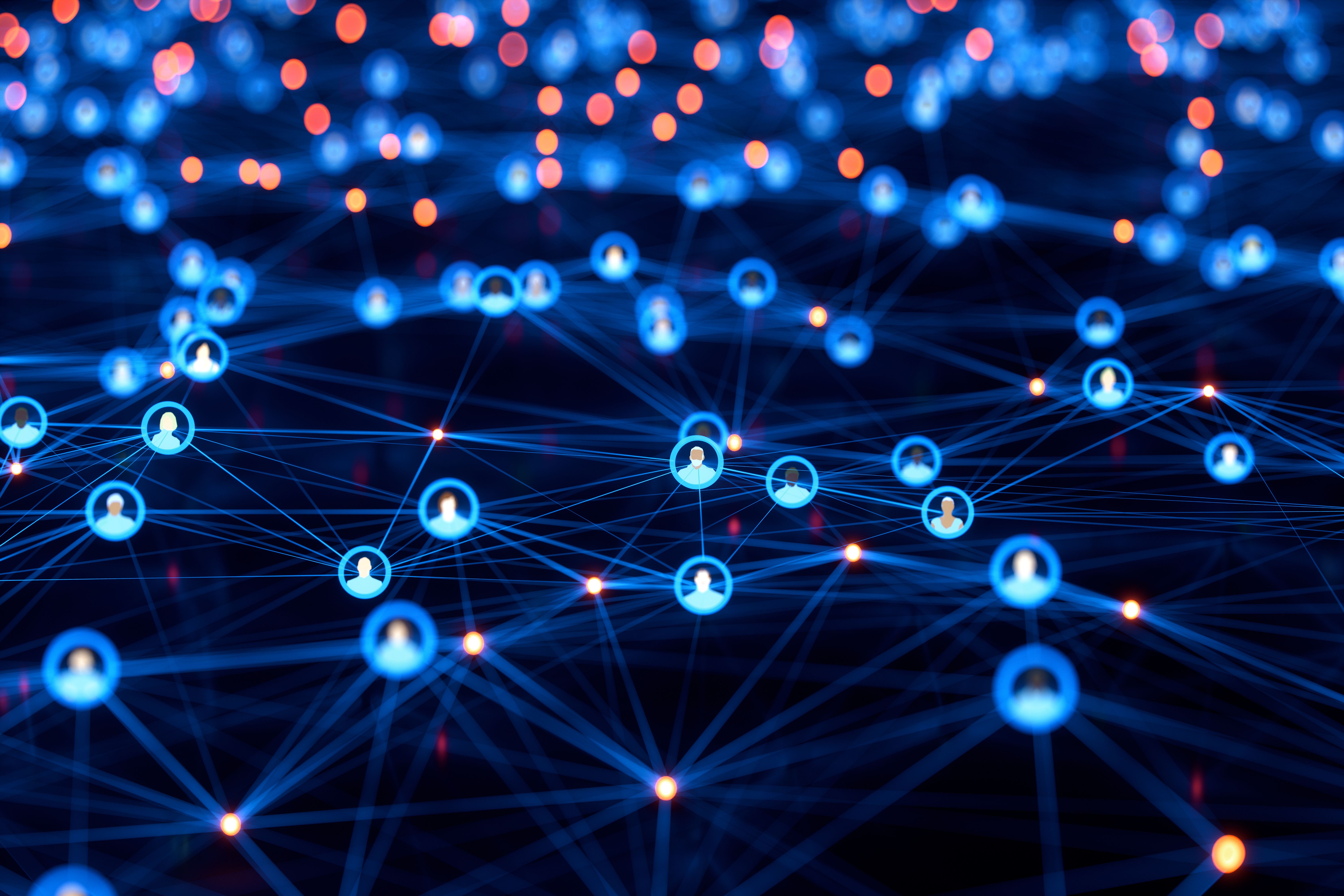AI in Human Resources: Boon or Bane?
AI
Introduction to AI in Human Resources
The integration of Artificial Intelligence (AI) in Human Resources (HR) has sparked a significant debate: is AI a boon or a bane for the future of HR? As businesses increasingly adopt AI technologies, understanding their impact on HR practices is crucial. This blog post explores both sides of the argument to provide a balanced view of AI in HR.

AI as a Boon for Human Resources
Efficiency and Time-Saving
AI technologies have revolutionized HR processes by automating repetitive and time-consuming tasks. By leveraging AI tools, HR professionals can focus on strategic decision-making rather than mundane administrative duties. Automation of tasks such as resume screening, scheduling interviews, and managing employee records significantly enhances efficiency within the HR department.
Improved Recruitment and Onboarding
AI-powered recruitment tools can analyze large volumes of applications swiftly and accurately, ensuring that only the most qualified candidates are shortlisted. This not only reduces the time to hire but also improves the quality of hires. Furthermore, AI facilitates personalized onboarding experiences by providing tailored training modules and resources for new employees.

Data-Driven Insights
AI provides HR departments with valuable data-driven insights that inform decision-making. Predictive analytics can forecast employee turnover, identify skill gaps, and optimize workforce planning. By analyzing patterns and trends, HR professionals can make proactive decisions to enhance employee satisfaction and organizational performance.
The Challenges of AI in Human Resources
Lack of Human Touch
One of the primary concerns with AI in HR is the potential loss of the human touch. While AI can analyze data and automate processes, it lacks the empathy and understanding that human interaction provides. HR is fundamentally about people, and relying too heavily on AI could lead to a disconnect between employees and leaders.
Bias and Ethical Concerns
AI systems are only as good as the data they are trained on. If the data contains biases, these biases can be perpetuated in AI-driven decisions. This raises ethical concerns, particularly in recruitment, where biased algorithms could inadvertently discriminate against certain groups. Ensuring unbiased data and transparent AI systems is paramount.
Data Privacy and Security
The use of AI in HR involves handling sensitive employee information. Ensuring data privacy and security is a major challenge, as any breach could have severe consequences. Organizations must implement robust security measures and comply with data protection regulations to safeguard employee information.

Striking a Balance
While AI presents both opportunities and challenges for HR, striking the right balance is key. Organizations should aim to use AI as a tool to enhance human capabilities rather than replace them. By combining technology with human intuition and empathy, businesses can create a more efficient, effective, and people-centric HR environment.
Conclusion
The role of AI in Human Resources is multifaceted, offering both significant advantages and notable challenges. As technology continues to evolve, it will be essential for organizations to navigate these complexities carefully. By embracing AI responsibly, businesses can harness its potential to transform HR practices while maintaining the core values of human interaction and empathy.
